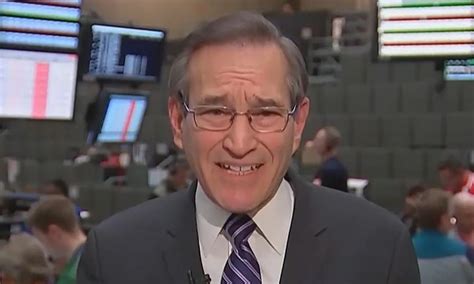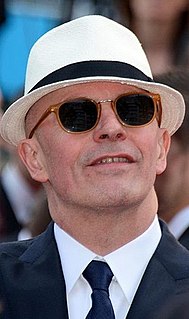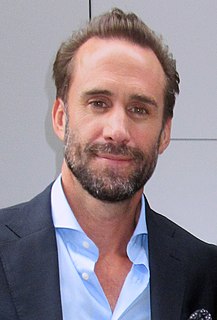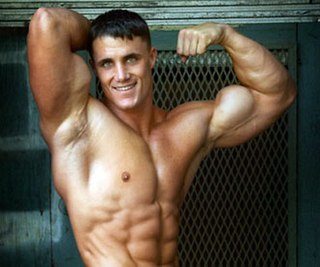A Quote by Ron Johnson
I guess when you take a look at the book 'Atlas Shrugged,' I think most people always like to identify with the main character - that would be John Galt. I guess I identify with Hank Rearden, the fella that just refused until the very end to give up.
Related Quotes
I think 'Scarface' is a great film, but if you have a character like Tony Montana, you don't identify with him at all. I think it's very interesting instead to identify yourself with a character you don't like all the time. You can create a tension between the fiction and the viewer. You force the spectator to wonder about his actions.
I have been villainized because of my identity - I've received nasty blog comments and emails just based on my willingness to identify with feminism by people who clearly don't understand what I value and why I identify as a feminist. Ultimately, I'm less concerned with whether or not people identify as feminist and am more concerned with whether or not people understand what feminism is. If they don't want to identify as a feminist that's fine. I respect people's decision to identify any way they want and expect that same respect in return, although I don't always get it.
I didn't feel that so much as an outsider when I started writing; I've felt that way all my life. I don't know, man; I guess I was just wired wrong. When I was growing up, I always wanted to be somebody else and live somewhere else. I've always felt a little uncomfortable around people. And I'm not trying to romanticize this, because it wasn't romantic. I wasn't trying to be a rebel; I just always felt a little out of it. I think that's why it's pretty easy for me to identify with people living on the margins.
I'm lucky because I have so many clashing cultural, racial things going on: black, Jewish, Irish, Portuguese, Cherokee. I can float and be part of any community I want. The thing is, I do identify with being black, and if people don't identify me that way that's their issue. I’m happy to challenge people's understanding of what it looks like to be biracial, because guess what? In the next 50 years, people will start looking more and more like me.
Well, one of the things we're supposed to be able to do as playwrights is write from a place of empathy, get into another character's shoes and experience things both mundane and tragic. And people don't - like me right now - people aren't necessarily the most eloquent when trying to express their emotions. I guess I feel as a playwright that those people deserve a voice, too, a voice that isn't so articulate that they themselves can no longer identify with it.
































